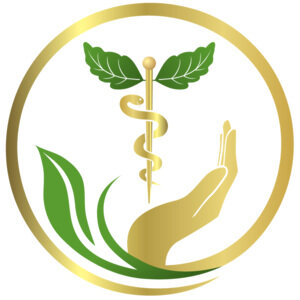Fasting
/Fasting is wrapping for people all over the world, especially those who observe Ramadan or Lent. Fasting has evolved over time from an ancient spiritual practice to a modern health trend. At its root, it is the discipline of restricting calories. For many, the “why” can be weight management, blood sugar control, managing fatigue, or connecting to a higher power. In cancer care, fasting is believed to “starve cancer cells”. We do need more data explaining if the risks of fasting outweigh the benefits. But here’s what we understand about fasting so far:
Fasting can drastically lower insulin-like growth factor (IGF-1) and promote autophagy, the way cells repair and remove their damaged parts. [1] [2] Insulin-like growth factor is a hormone involved in cell growth and division. Too much IGF-1, causing too much cell growth, has been linked to an increased risk of several cancer types including breast, colorectal, and prostate. [3][4] What is more, fasting during treatment has proven useful, in limited groups, to prevent side effects from chemotherapy (e.g. nausea, vomiting, fatigue, lowered blood counts), improving quality of life. [5] It stands to reason that fasting as a therapeutic can be a strategy for patients.
Conversely, fasting does bring up concerns. Preventing weight loss is critically important for cancer patients as weight is connected prognosis. Caloric restrictions from fasting can complicate weight maintenance. Fasting also can unintentionally cause spikes in cortisol, which can disrupt sleep, disturb your circadian rhythm, and increase stress.
A study looking at 20,000 people found that people who did intermittent fasting may have a 91% higher risk of death from cardiovascular disease. The direct link between fasting and cardiovascular mortality was not well established in said study. But it bears mentioning that people with cancer and people who have had treatment for cancer already carry an increased risk of heart disease compared to the norm. Fasting may cause metabolic shifts that, in turn, put stress on the cardiovascular system.
We never want you to use health trends without talking to us about whether it’s right for you. How we approach calorie restriction can be powerful in your cancer journey, but it has to be tailored to your particular risk and treatment profile. If you are thinking about fasting, dieting, or restricting calories and whether it’s right for you, make an appointment with me to talk about how to do it the right way.
Dr. M
Sources:
1. PMID: 31116995
2. PMID: 37066827
3. PMID: 32717139
4. PMID: 21557887
5. PMID: 33410090





